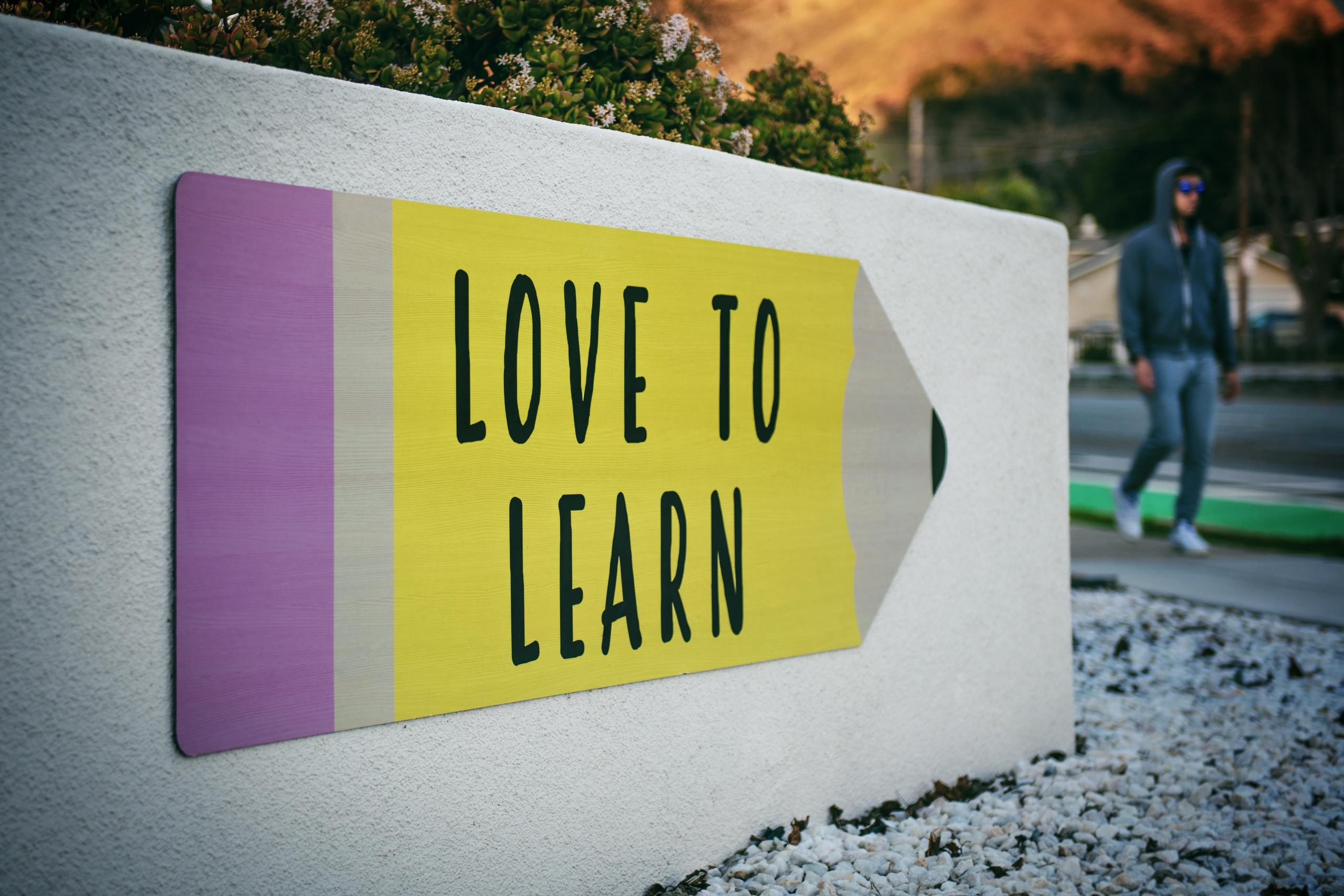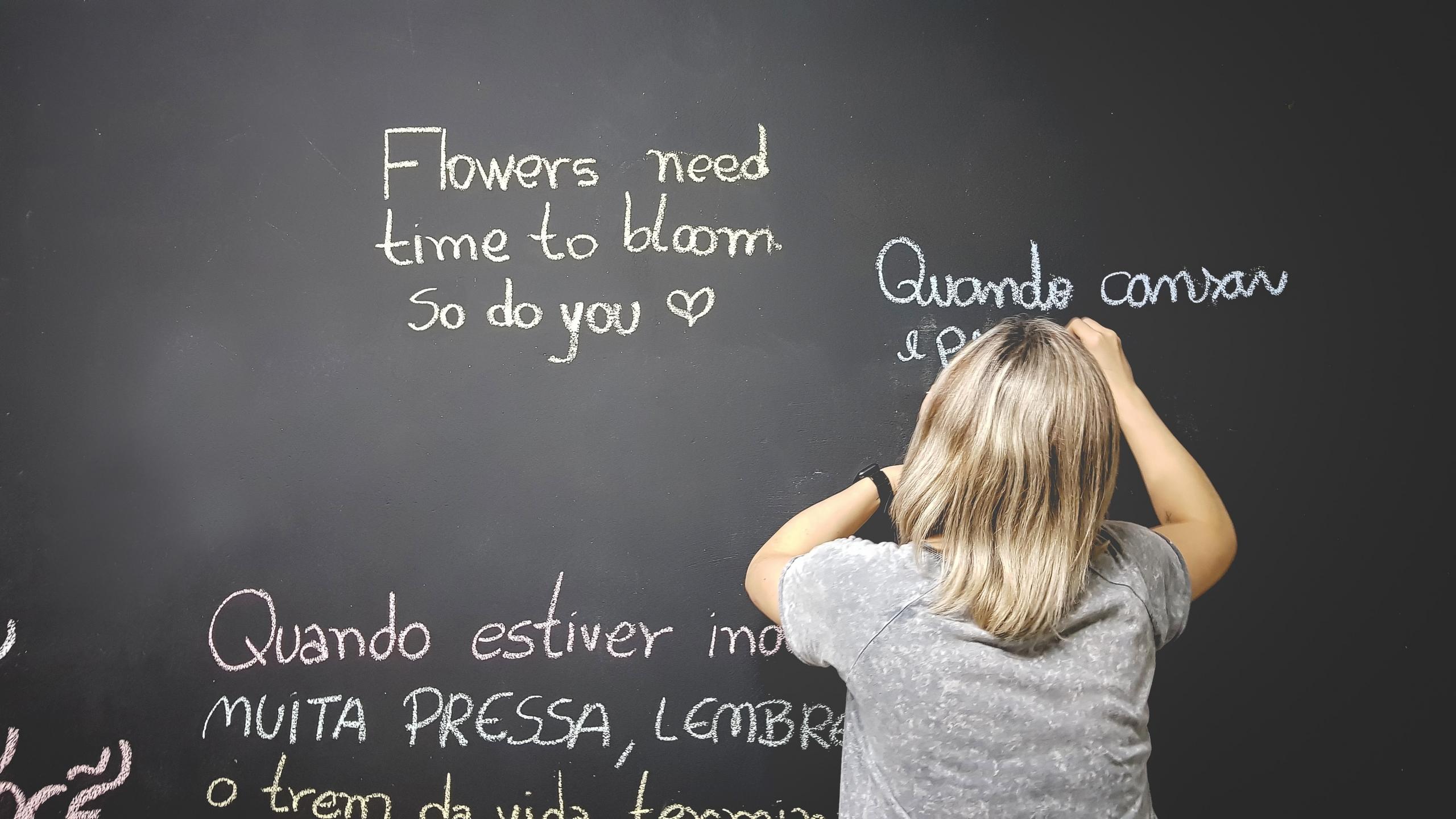Any adult who has tried learning a foreign language knows how hard it can be. Yet, with the rise in globalization, each individual wants to be bilingual.
After all, bilingualism or multilingualism enhances cognitive development. Research suggests that the brain of people, especially children who know how to speak more than one language, work differently than those who speak just one.
Not learning a foreign language as an individual can be a massive regret in this globalized world. It’s important to be bilingual or multi-lingual to thrive in this competitive era.
This article describes why learning a foreign language at an early stage is the best choice, how it increases children’s potential, and how it can help you in the future.
If you’re a concerned parent searching for a private tutor to help your child gain fluency in foreign languages, this article can significantly benefit you. You can also find local options by searching for french classes near me.


Why Do Children Learn Languages More Quickly Than Adults?
It’s a common belief that children learn faster than adults. For the most part, it’s is supported by science and research.
Well, a child not only grows and develops at an incredible pace, but they also adapt to changes and learn information quickly.
Children who are introduced to multiple languages have an easier time understanding and remembering the information they learn.
However, what makes it easier for them to learn quicker than adults? And why do adults lose their learning ability as they grow?
For starters, brains are naturally informed to learn by instinct. So a person can easily perceive how pronunciation and grammar work just by listening.
Bilingual children pick and understand vocabulary and grammar for any language they speak, switching back and forth whenever needed.
It is easy to learn a second language at a young age because our brain changes as we grow. Unfortunately, as a person grows up, the brain starts to lose its ability to grow.
For that reason, grammar and vocabulary stop being something ‘we know’ and become an obscure rule to memorize.
In other words, people tend to lose the ability to intuit and replicate sounds that don’t seem native to their first language.
One aspect that could be beneficial in learning a foreign language for people of all ages is availing tutoring services from a renowned platform like Superprof!
A tutor can help a child or an adult in mastering the fluency of a second language through some cognitive techniques and methods.
As an adult, if someone moves to a foreign country and a language spoken there is not understandable, they would quickly want to learn that language because they are motivated and forced to connect and communicate with others. However, only a few adults will put themselves in this situation deliberately.
Children are exposed to language, so they don’t need to understand the value of their decisions. They have no idea how learning a second language may serve them later in life. Their pure desire to communicate and connect with others encourages quick learning.
Discover online French courses when you search for a private tutor on Superprof!

A “Critical Period” hypothesis concludes, ‘children make better and quick language learners than adults.” In other words, the initial few years of life contain a time wherein language develops naturally.
After this, sometime between the age of 7 and puberty, learning a language becomes much more difficult.
Neurologist and linguist Eric Lenneberg stated that the best time to learn a language is between the age of 2 and puberty. This age range delivers the highest success rate while demanding less conscious effort.
To better understand how a child has a better ability to learn a second language, here are some facts:
- When it comes to learning, children have environmental advantages. For example, children don’t perceive language the way adults do. Instead, they tend to learn by being perceived by multi-lingual surroundings
- Children passively understand a second language through contact
- Children are a perfect fit for learning a foreign language because they have fewer inhibitions. It’s easier for a person to learn a new language if they are not aware of the mistakes – a common obstacle that makes a majority of adults anxious and doubtful
Young people and children have the edge over adults when learning anything. Wondering how? Well, as mentioned above – a child’s brain develops at an extraordinary pace.
It forms neural pathways quickly, making the brain functionality extremely specialized, and making learning a new thing less challenging.
Also, if you’re contemplating learning or teaching French in the USA, knowing which cities prioritize the language will help you find a committed clientele.
What’s The Best Age For Children To Learn A Second Language Such As French
Everyone is familiar with the phrase “Children’s brains are like sponges.” While it may sound like a joke, there is some truth.
A child’s brain proliferates with fast-forming neural pathways, making it easier for them to learn a new language. Therefore, private tutors don’t have to stress on making overly-descriptive course outlines.
Acquisition of a foreign language takes time, effort, and determination. However, it’s a universal fact that kids have a better ability and quick grasp of a new language than adults. Young people can even achieve a native-speaker level of a second language quickly.
A study conducted by Harvard for the development of child’s mental skills agreed that the younger a person is, the quicker they learn.
The study revealed that children between the ages of 0-3 learn through sounds and active listening – making it a great age to expand their language skills.
Everything we learn later grows and evolves in life. For example, research showed that 50% of a person’s ability to learn quickly is developed by the age of 4.
Another 30% grows by the age of 8. This is mainly why the age of 3 is ideal for children to attain foreign language fluency.
Moreover, these stats don’t indicate that 80% of one’s intelligence and knowledge is developed before they turn 8.
It simply shows children develop their primary learning pathways in the first few years of life. The table below easily represents which age has the fastest to slowest learning development.
| Age | Learning Development |
|---|---|
| 0 – 4 | 50% |
| 5 – 8 | 30% |
| 9 – 12 | 15% |
| 13 – 18 | 05% |
The learning process becomes a lot more complex and slower for children between the ages of 3 and 6, mainly because their senses start to evolve to understand what they see and touch.
Interaction with objects, activities, and play in this age group can help reproduce the language they are learning.
A private tutor can teach a child according to their age group to quickly enhance their skills. However, conventional classroom instructors will struggle to deliver specialized education for each student in their classroom.
And if you want to become a private teacher, you must know all these details inside out before you start charging for your classes.

What Role Does Our Brain Play In Language Acquisition And Development?
If your goal is to inculcate your child’s critical thinking abilities and skills as a parent, learning a foreign language like French is the way to go. It would be better for a child to be bilingual than to be fluent.
With that said, there are several online language tutoring services like Superprof that focus on training a child to speak two languages by providing structural and linguistic patterns and activities.
To help you decide which age is the best for your children to learn a foreign language, here are the developmental changes of different ages. This table can help you make informed decisions.
| Age | Characteristics |
|---|---|
| 1st Month | Newborn babies develop synaptic connections at the rate of 3+ billion per second. Everything a baby sees, hears, feels, touches, and tastes are perceived by the brain, which later grows into life |
| 6th to 8th Months | The brain now contains around 1,000 trillion synaptic connections. After the 8th month, these connections become moderate. The brain begins to weaken the connections that aren’t used while strengthening the frequently used ones |
| 1 to 3 Years Old | A child tries to talk and says their first words during this age. Their brain has developed a sense of communication that encourages them to speak and respond. They can easily recognize their loved ones’ names and respond to others actively. Lastly, a child in this age uses telephonic phrases (remembers the main word but forgets the rest of the sentence) |
| 4 to 6 Years Old | During this phase, a child has better memory and active listening ability. Children respond better and recognize sounds properly. A child’s memory is at its peak during this age, making it another good choice for language acquisition |
| After 10 Years Old | Before this age, the brain has been a sponge for language acquisition. After 8 years old, the foundation for language, attitudes, thinking, learning, and other personalities and cognitive characteristics are laid down. The fundamental learning development of a human brain completes after the age of 10 |
Are You Ready to Enhance Your Child’s French Speaking And Writing Skills?
Young age is perfect for anyone to learn a foreign language as their brain is hard-wired and adaptable to changes.
Whether you have a toddler of 4 or preschoolers reaching the age of 10, it’s easier for children to learn any skill. With the right french class from Superprof, your child can enter a creative and fun learning journey.
There have several professional language instructors who plan out personalized sessions for children. It aims to promote bilingualism and sets the groundwork for a prosperous future.
Opting for a private tutor can provide your kids with a safe and productive environment to learn a new skill.
Meanwhile, if you want to become a private tutor for kids, Superprof is still your go-to platform.
Learning a foreign language at a young age can improve cognitive ability and build self-confidence in a child. The online platform Superprof provides a range of language instructors who curate tailored language lessons to meet your children’s needs.
Summarize with AI:















